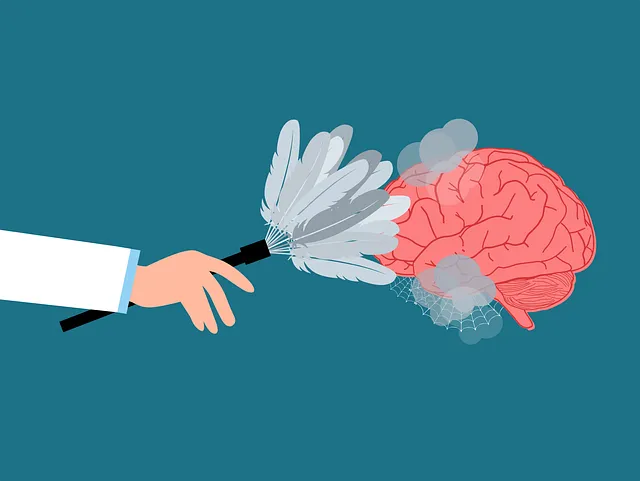Westminster's Kaiser inpatient mental health program provides comprehensive care through evidence-based practices and innovative initiatives like Social Skills Training. This training aims to overcome social anxieties, foster belonging, and improve communication skills, addressing root causes of mental illness-related stigmas. By empowering patients with coping strategies and emotional healing tools, the program enhances therapeutic environments, promotes recovery, and prepares individuals to manage their conditions in social settings post-discharge.
Social skills training is an essential component of mental health recovery, especially in specialized care settings. This article explores two prominent models: the Kaiser inpatient model and Westminster’s approach, focusing on their comprehensive strategies for enhancing support in mental health treatment. Understanding social skills training is crucial, as it addresses a vital aspect of recovery, fostering connections and improving patients’ overall well-being. Both programs offer innovative ways to navigate and overcome challenges associated with inpatient mental health care.
- Understanding Social Skills Training: A Necessity for Mental Health Recovery
- The Kaiser Inpatient Model: A Comprehensive Approach to Mental Health Care
- Westminster's Role: Enhancing Support for Inpatient Mental Health Patients
Understanding Social Skills Training: A Necessity for Mental Health Recovery

Social Skills Training is an essential component of mental health recovery, particularly for those seeking support through programs like Westminster’s Kaiser’s inpatient mental health services. It goes beyond mere conversation; it’s about cultivating a sense of belonging and improving one’s ability to navigate social situations comfortably. Many mental health conditions can make social interactions challenging, leading to feelings of isolation and exacerbating symptoms.
Therefore, Mental Wellness Coaching Programs focus on developing inner strength by teaching practical skills to manage anxiety in social settings, improve communication, and foster meaningful connections. By addressing the root causes of social anxieties often associated with mental illness, these programs contribute to Stigma Reduction Efforts, promoting a more inclusive environment where individuals can recover at their own pace without fear of judgment.
The Kaiser Inpatient Model: A Comprehensive Approach to Mental Health Care

The Kaiser Inpatient Model offers a comprehensive approach to mental health care, particularly relevant for conditions requiring specialized treatment. This model is renowned for its holistic strategy, addressing not just the symptoms but also the underlying factors contributing to mental health challenges. Westminster’s Kaiser Inpatient Mental Health program incorporates various evidence-based practices, ensuring patients receive tailored support during their stay.
This approach includes Compassion Cultivation Practices, which foster empathy and understanding, and Stress Management Workshops Organization, equipping individuals with tools to navigate stressors effectively. The Mental Health Policy Analysis and Advocacy aspect is integral, promoting patient rights and access to quality care, reflecting the program’s commitment to long-term mental well-being.
Westminster's Role: Enhancing Support for Inpatient Mental Health Patients

Westminster plays a pivotal role in enhancing support for inpatient mental health patients through innovative programs like Social Skills Training. This approach is particularly relevant for individuals at Kaiser who are undergoing treatment for various conditions, aiming to improve their coping skills and emotional healing processes. By focusing on developing social skills, Westminster helps patients navigate the complexities of interpersonal interactions, fostering a sense of belonging and improving overall well-being during their stay.
The program offers structured activities and workshops designed to strengthen communication, empathy, and conflict resolution abilities. These skills are crucial for patients to build supportive relationships with peers and staff, creating a more positive and therapeutic environment. Through Westminster’s guidance, Kaiser’s inpatient mental health services not only address the medical needs of patients but also empower them with tools to manage their conditions effectively in social settings post-discharge.
Social skills training is a powerful tool in mental health recovery, as evidenced by innovative programs like the Kaiser Inpatient Model and Westminster’s enhanced support systems. By integrating these comprehensive approaches, healthcare providers can significantly improve patient outcomes. Westminster’s role in fostering such initiatives underscores the importance of accessible, quality care for individuals with mental health conditions, particularly those receiving inpatient treatment, similar to the model followed by Kaiser.






